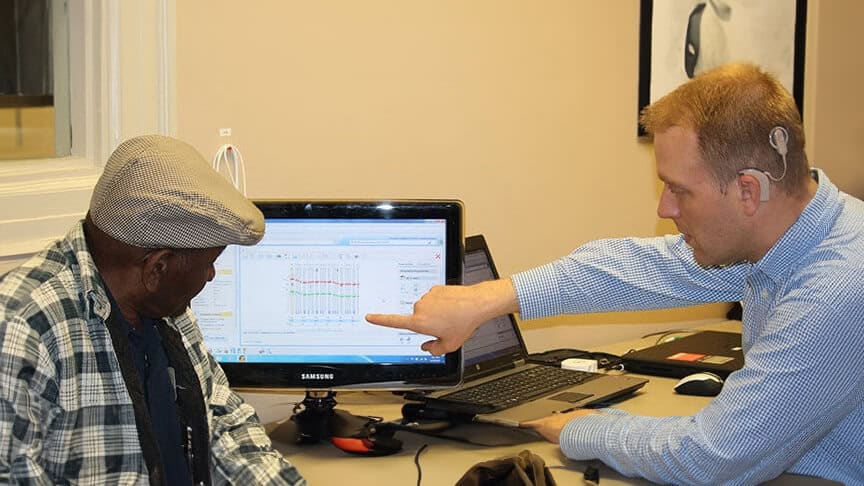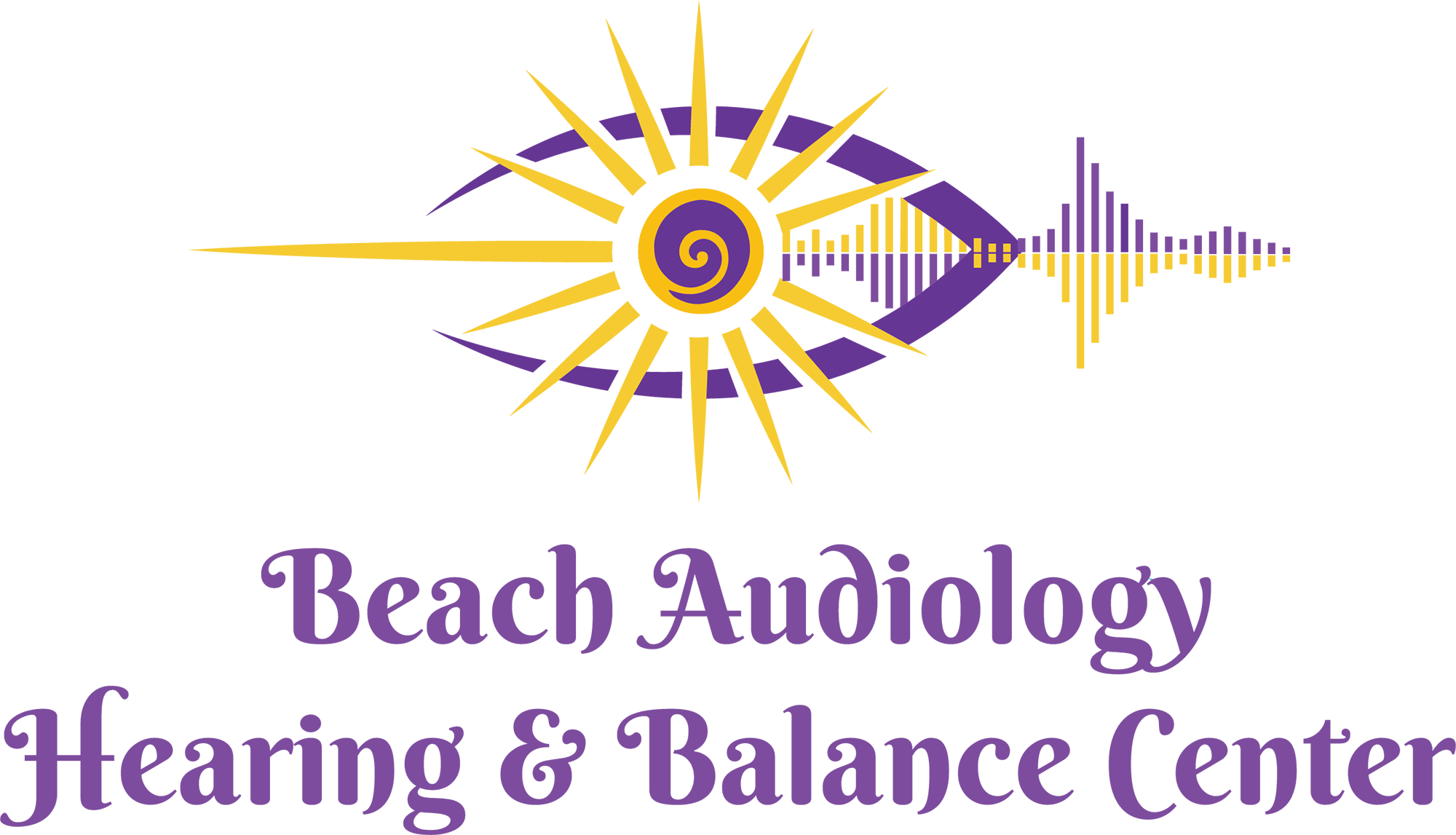Podcasts
Living LifeAloud!

Dr. Wigand, through his professional and personal experiences, emphasizes the need for ongoing dialogue to enhance hearing healthcare awareness and its critical role in public health.
Dr. Jason Wigand, AuD, is the driving force behind LifeAloud, LLC. His career is marked by extensive experience across various settings, including private practices and nonprofit organizations. Dr. Wigand has also contributed significantly to the academic realm, enriching graduate programs in communication sciences and disorders with his expertise. His dedication to the field is further evidenced by his involvement with numerous professional audiology associations, where he serves on several boards.

Dr. Wigand's academic pursuits began with his undergraduate studies at the University of Kentucky, culminating in a Doctor of Audiology (AuD) degree from The Ohio State University. His personal journey through late-onset hearing loss and subsequent adaptation to bilateral cochlear implants lends him a profound understanding and empathy towards those with hearing impairments. This personal connection inspires his commitment to supporting both adults and children with hearing challenges, alongside their families, by offering education and guidance.
Moreover, Dr. Wigand is actively engaged in research and collaborative initiatives aimed at propelling the audiology profession forward. He is a staunch advocate for audiologists being the primary care providers for individuals experiencing hearing and balance issues, highlighting the importance of comprehensive care in this field.
Contact Us Today
Your Hearing and Balance Health Matters!
Your inner ear health is critical to your overall well-being.
Don't wait any longer to address your needs and concerns. Rediscover a world of sound, self-confidence, and meaningful connections by scheduling your comprehensive evaluation with us today. We are here to support you on your journey to improved hearing, balance, and a better quality of life.
Call or text us to book your appointment, and let's start your path to better hearing and balance together. We look forward to serving you at Beach Audiology Hearing & Balance Center in Myrtle Beach, SC.
